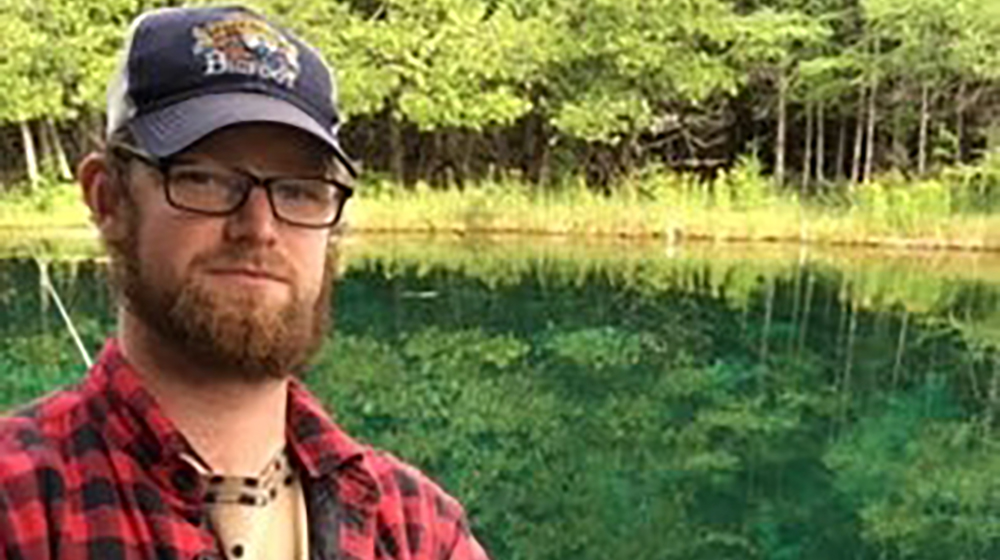Directory

Drew Monks, MS
Title/s: Research Associate, Instructor
Specialty Area: Wetland Ecology, Invasive species, Ecosystem Services, Watershed Modelling, Renewable Energy, Wetland Biogeochemistry
Office #: SES 219
Phone: 773.508.2122
Email: amonks@luc.edu
CV Link: Drew_Monk_CV
About
Drew Monks has been working with Dean Tuchman's wetland ecology lab since 2009, studying the effects of the invasive hybrid cattail Typha x glauca on plant diversity and nitrogen cycling in Great Lakes Coastal Marshes. He pursued a Master of Science from Western Washington University where he used an agricultural process model called APEX to simulate a watershed in Northwestern Washington State. Monks investigated watershed hydrology, crop growth, and nutrient cycling in support of a project aiming to quantify environmental benefits and nutrient reductions associated with agricultural best management practices.
Degrees
- MS in Biology from Western Washington University (2016)
- BS in Ecology and Evolutionary Biology from the University of Michigan (2009)
Research Interests
Monks is interested in how invasive species, including the hybrid cattail Typha x glauca and European frog-bit Hydrocharis morsus-ranae affect that ability of wetlands to provide ecosystem services, such as biodiversity, nitrogen, phosphorus, carbon cycling, and recreational activities associated with bird and fish diversity. He is currently investigating how various management techniques such as herbicide and mechanical harvest of wetland plants affect wetland ecosystem services, and how, if harvested and collected, Typha can be used as an agricultural fertilizer amendment or to generate energy through combustion in a pellet furnace or anaerobic digestion. He aims to apply his knowledge of modeling to investigate nutrient retention benefits that wetlands provide in agricultural watersheds.
Courses Taught
- UCSF 137: The Scientific Basis of Environmental Issues
- ENVS 218: Biodiversity and Biogeography
Selected Publications
- Lishawa, S. C., Carson, B. D., Brandt, J. S., Tallant, J. M., Reo, N. J., Albert, D. A., Monks, A. M., Lautenbach, J. M., Clark, E. 201). Mechanical harvesting effectively controls young Typha spp. invasion and unmanned aerial vehicle data enhances post-treatment monitoring. Frontiers in Plant Science, 8(619), 1-14. http://journal.frontiersin.org/article/10.3389/fpls.2017.00619/full
- Lishawa, S. C., Jankowski, K., Geddes, P., Larkin, D. J., Monks, A. M., & Tuchman, N. C. 2014. Denitrification in a Laurentian Great Lakes -coastal wetland invaded by hybrid cattail (Typha x glauca). Aquatic Sciences, 76(4), 483-495.
- Monks, A. M. and Hooper, D. U. 2015. Using APEX to model nutrient retention in riparian buffers in an agricultural watershed in western Washington: Issues in model parameterization and calibration. In: Abstracts: The Ecological Society of America 100th Annual Meeting, August 9-14, 2015. Baltimore, MD.
For a complete list of awards, publications, and affiliations, please request his CV.
